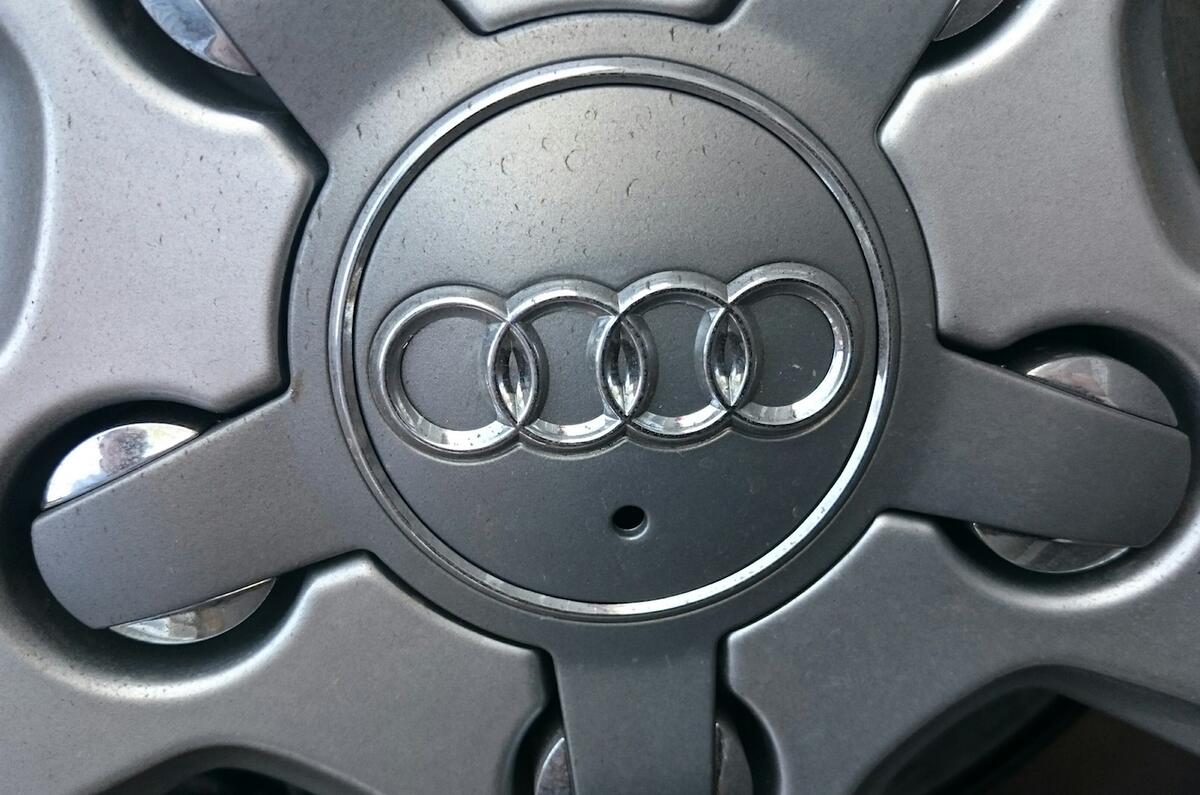Over Easter, I was talking to a chap who lives down in Hampshire. Given that he had three children, a dog and a history of sporty cars, I wasn’t surprised he had bought an Audi Q7 back in 2010.
He was just the sort of relatively affluent driver whom Audi has served so well over the past two decades. Having worked his way up the corporate ladder, and enjoyed one of Audi’s high-performance estate cars, he was a dead cert for the Q7 once marriage and children arrived.
The Q7 is smart, has a lovely interior, is fleet (thanks to the V6 diesel) and surefooted (quattro, of course). But there’s a limit to premium motoring, as he pointed out to me.
The Q7, which was five years old, had developed a couple of faults. Firstly, one of the big 21in alloys was cracked and possibly bent. Secondly, the wiper motor had gone nuts, leaving him with wiper arms that were stuttering across the windscreen. Finally, the car needed a service.
According to Mr Q7, the local Audi dealer wanted around £1300 for a wheel, more than £700 for a wiper motor and around £500 for the service. Not impressed, he took the Q7 and traded it in against a 64-plate Land Rover Discovery 4 – partly on an earlier recommendation by me.
But what he told me next amazed me most of all. Apparently he also bought an insurance policy from the Land Rover dealer, which covered the Disco against damaged wheels and tyres.
The car already has a two-year warranty left to run, so that just leaves him the standard-issue servicing to cover with his own wallet. Call it two years of relatively shock-free motoring locked in.
But I was amazed that manufacturers charge so much for original equipment parts that it’s now possible to insure yourself against the cost.
But – and I’m sure you are already ahead of me on this – what happens when the factory warranty runs out and he’s faced with main dealer parts prices?
Most of us have an eye out on the classifieds for these older premium cars, idly wondering when something upmarket and interesting might become cheap enough to afford. But affordability doesn’t mean just the purchase price.






Join the debate
Add your comment
Would love a used Porsche Boxster, but instead run a MX5
Its not just premium cars.
Disco ownership
@ AV
Also Jason Recliner stated " There is nothing so expensive to run than a cheap Mercedes-Benz"....there is you know...try Mitsubishi parts prices!